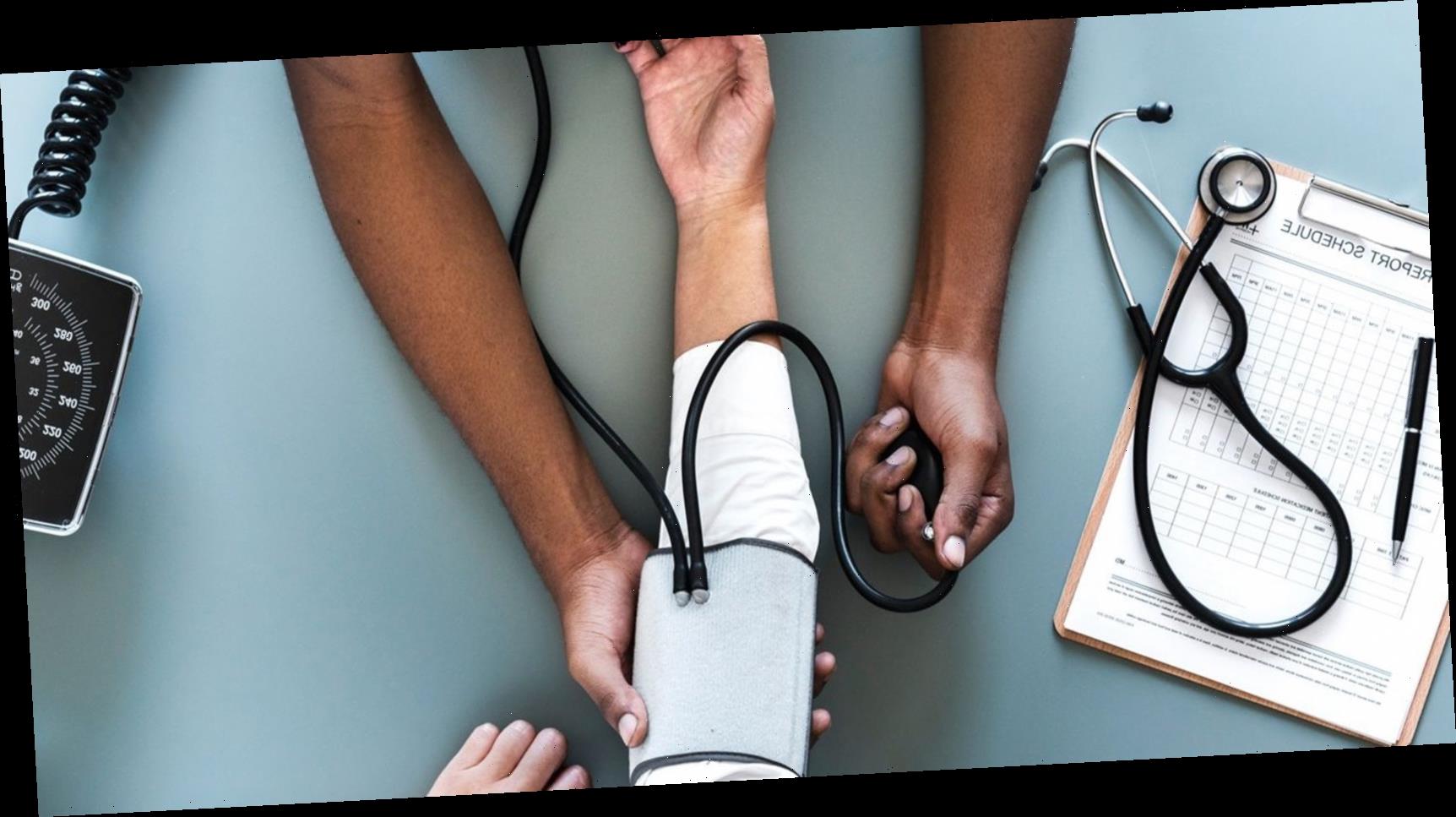Written by Georgina Ndukwe
Last week, the government announced that fines would be issued out to people meeting in groups above six people both indoors and outdoors. A junior doctor who is working with Covid-19 patients explains why she’s urging people to take social distancing seriously and also shares how working during the pandemic has affected her personal life.
I still remember hearing whispers of rumours of a new respiratory virus in a far-sounding region of China from the complacent comfort of my GP surgery in the suburban depths of Manchester. The rest of the world felt impossibly far away.
Then the reports of cases in Europe began… then the cases in the UK. And eventually, people started falling ill in the very community I served. Coronavirus swept through my city almost as fast as the fear did. It was at this stage that the hospital issued a call to arms, summoning junior doctors working in GPs and psychiatric hospitals onto the frontline.
In my position as a representative for the rest of the junior doctors in my cohort, the responsibility of organising how these recruits would be most efficiently utilised somehow fell on my shoulders. Having to develop an entirely new rota for all junior medical doctors, including some of my seniors, felt like a full-time job aside from working the 12-hour day shifts and 12-hour night shifts alongside the rest of my colleagues.
The onslaught of medical patients coming through the hospital doors was relentless. Although, a part of me was just as frightened by the patients not coming in as there was a simultaneous drop in patients coming in with other diseases. Heart attacks and strokes must still have been happening. The longer these patients stay away for fear of contracting coronavirus, the more irreversible damage would develop.
I will never forget seeing the first few patients being told that what they thought were regular flares of one condition or another, was, in fact, symptoms of Covid-19 and that their lives were at risk. When I close my eyes, I still see theirs: fully alert and thoroughly fearful, despite being too breathless to communicate with me verbally.
The hospital felt like an unsafe space for the public: people suffered and died alone, without their families. No matter how hard we worked to ensure people felt cared for and protected, there was a sense of loss that we could never have made up for.
In my personal life, it seems that I had chosen the worst possible time to move back home with my parents. But that was short-lived as being drafted from the GP to the hospital frontline meant having to move out of my family home again but this time to protect my mother. As she is a Black woman, with a pre-existing health condition this makes her high risk. Therefore coming home from work daily and showering this amazing, hilarious, fearless woman with love, affection and coronavirus particles was not an option.
I will remain ever grateful to the NHS, the hospital and a nearby hotel (shout out Holiday Inn Express Martland Mill) for giving me a home away from home for nearly four months. Their understanding, generosity and hospitality gave what might otherwise have been an entirely horrific chunk of a year elements of comfort and familiarity.
Nevertheless, I had all of my resilience and emotionally protective layers peeled away one by one: my family support, having my home environment, socialising with friends, going to church and even just having time to myself to switch off from work. Predictably, it became a turbulent time for my mental health (and most likely for many of my colleagues also).
I, like everyone else, yearned for even a vague semblance of normality. For me, that manifested by taking on extra shifts, as if somehow that would send Covid-19 packing sooner. For others, it meant returning to life pre-Covid, at the expense of observing government guidelines. Watching this on social media as the culture of my generation, in particular, shifted from vigilant social distancing to attending packed house parties was frustrating.
I felt like I had sacrificed everything just to give others the luxury of recklessness and freedom that might risk the pandemic lasting longer for everyone else. In hindsight, the nation seemed to be going through a collective moment of difficulty, with many being separated from loved ones, only to see politicians mock the very same rules they imposed.
In addition, I saw people who were happy to break lockdown rules to celebrate VE Day or go to packed beaches yet hypocritically demonising those for attending Black Lives Matter marches.
Seeing the very demographic that should be most scared of the virus stand up for racial injustice should be a significant sign to many of how frightening it is to be Black.
Taking Covid-19 seriously is a justice issue. It is a racial issue. It is a socio-economic issue. Coronavirus targets the demographics that society cares about the least: ethnic minorities, the elderly, the disabled, those who cannot afford to avoid public transport, those with underappreciated public-facing job roles.
We have an opportunity to use whatever privilege we have, to protect those who cannot. Not taking social distancing seriously is a conscious choice to put their survival below your own convenience. Social distancing saves lives. Social distancing saves society.
Image: Getty
Source: Read Full Article
